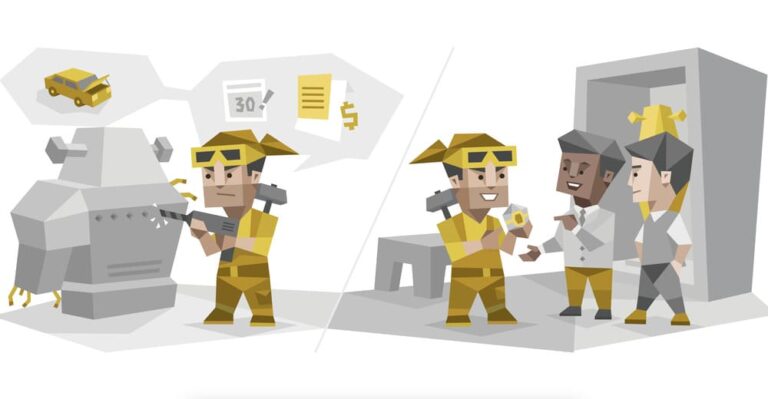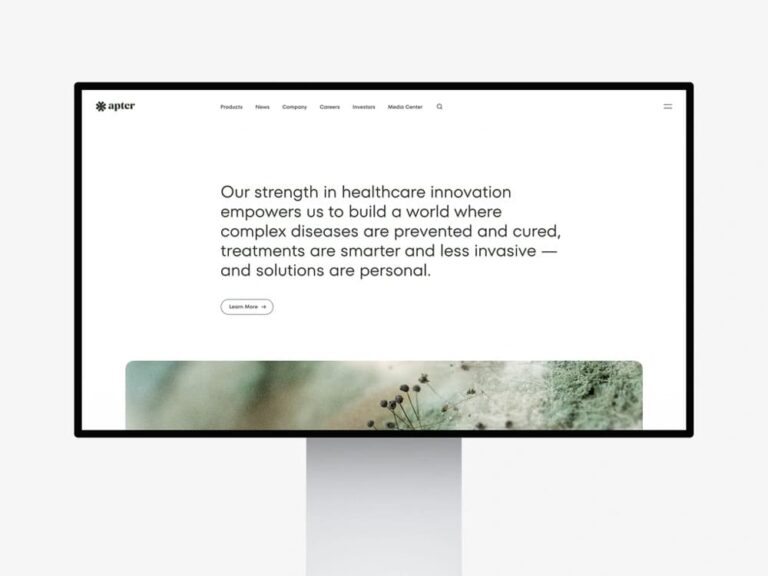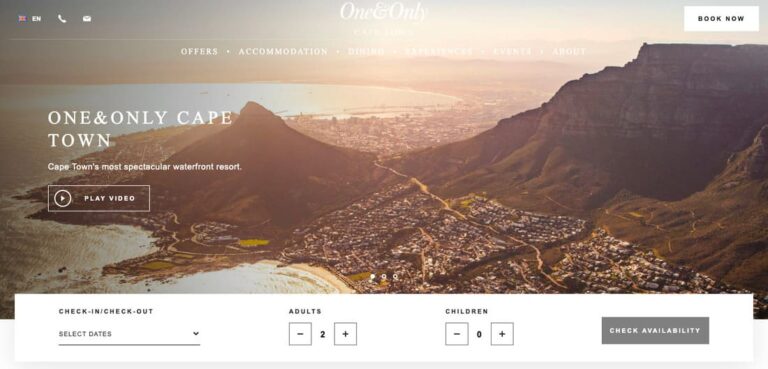How to Optimize Your Website Budget
To ensure you get the most value from your investment, it’s important to optimize your website budget effectively. This involves balancing your business needs with financial considerations.
Start by defining the purpose of your website. Are you building a platform to increase sales, generate leads, or simply establish an online presence? Your goals will determine the features you need and, by extension, the cost of development. For example, a local coffee shop may only need a simple website with a menu and contact form, while a national retailer will require advanced e-commerce capabilities.
Next, research multiple agencies or developers. Request quotes and compare their services, portfolios, and reviews. Don’t automatically go for the lowest price. Instead, focus on the value you’ll receive in terms of quality, scalability, and long-term support. A slightly higher upfront cost can save you from expensive redesigns or fixes later.
Finally, plan for ongoing costs. A website isn’t a one-time expense. You’ll need to budget for domain renewals, hosting, maintenance, and occasional updates. These costs are often overlooked but are essential for keeping your website functional and secure.







